Why your Internet speed is slower than you think it is
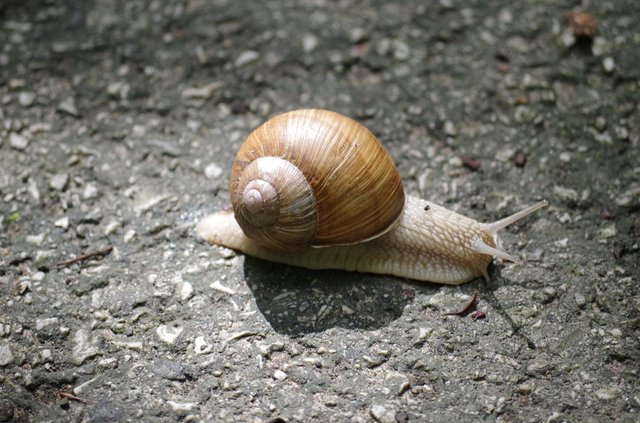
A few years ago I lived in a tiny hamlet on top of a hill. We'd moved to the countryside after living for a couple of years in an anti social behaviour hotspot and at the time of moving, broadband speed was not my top priority.
Considering I was a software developer, in hindsight this probably wasn't the smartest move, however I was assured by various internet providers that despite my remote location I should be able to get up to 2Mb connection speed.
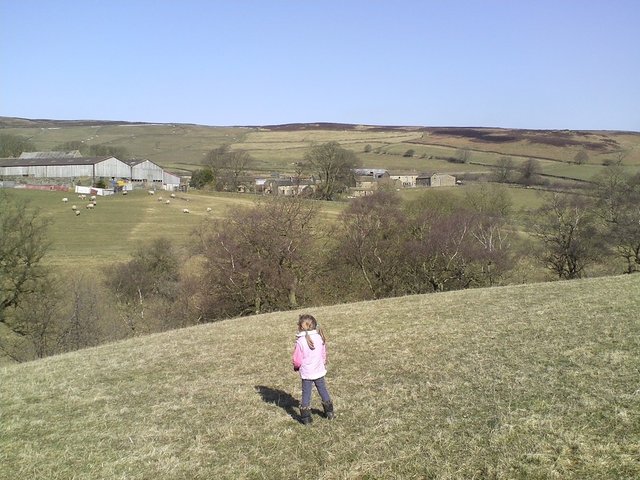
I signed up with a company and after a few days had everything set up and running. Things went ok for a few months but I started to notice intermittent connection issues with streaming services that had previously run without interruption.
Having lived up on the hill for a while we were aware that most services tended to be affected by weather extremes. In winter we could expect a number of days where we would be snowed in and during stormy weather the trees would often bash into the 3 phase power lines causing the lights in the house to flicker.
The nearest telephone exchange was 3.5 miles of copper wire away and there only being around 40 people on this hill there was no way we were getting fibre cable for the foreseeable future.
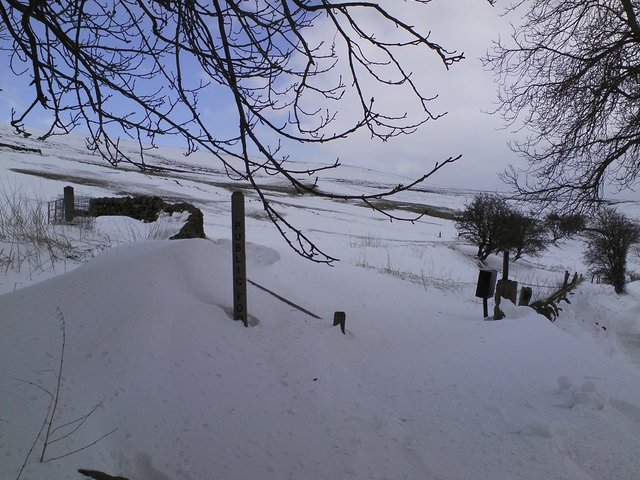
Cue phone call to the Internet provider
It took a few calls for me to realise that the technical help people really do have to stick to their script, despite barely being able to hear their instructions over the crackly degraded line I ran through their checklist. I unplug everything other than their device, try a new filter, they run line tests and 15 minutes later inform me that there may be a fault on the line.
At this point I'm informed that the line isn't theirs and that they can call OpenReach (the network owner) out to fix the problem but if they can't find a fault I may be charged.
Shouting over the crackle I inform them I'll take the risk.
For the next 2 weeks OpenReach worked on the line down at the bottom of the hill 3 miles away. We later discovered that the copper line had become damaged where it went under the river and the repair had not been simple. The crackle on the line finally disappeared and we had speeds approaching 1.4Mb.
Nature fights back
So for a while everything was great(ish) we could stream BBC iPlayer content on lower quality if I first went around and switched every other internet capable device in the house off. I did most of my work at night to avoid fighting for the limited bandwidth we had in the house, but we managed to make the limited connection work.
Then it started getting weird.
We started getting connection issues during the day. At first I thought the connection was being limited by our provider, I contacted them but was told this was not the case and once again went through all their tests. This time they found nothing.
They said could call OpenReach but again I would be charged if a fault was not found. I wasn't so sure this time so I left it a couple more days.
The problem did not go away however and the next time I called and ran through the tests it was on a warm sunny day and this time they did identify a problem on the line. Relieved I agreed to have OpenReach come out once again.
The next day I got home from the shops to find an OpenReach van but no engineers. After unlocking the house I heard voices out behind the bins to the front of the house under some bushes. I hadn't realised that the bushes were covering an old stagnant water feature and up on a wall behind this was the main external connection box for the telephone line into the house.
After crawling out the engineers informed me I had a slug problem.
The rubber seal at the bottom of the box was missing and slugs had taken the opportunity to use the small gap to gain entry to the box during the day as a shelter. As they crawled in they'd effectively short the connections inside causing the Internet connection to deteriorate. At night time, they'd all leave and I'd get a faster connection speed.
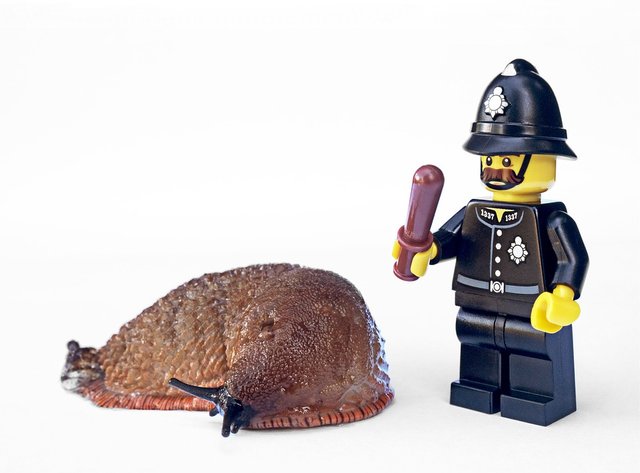
What has this got to do with my connection speed?
Nothing, your connection speed is the speed it is.
BUT is it the speed you think it is?
Having gone through all the hassle with my Internet connection, it dawned on me that I'd been missing an obvious detail hiding in plain sight.
TL;DR
We describe file sizes in multiples of (B)ytes
Internet service providers describe broadband speed in (b)its.
There are 8 (b)its in a standard definition of a (B)yte
If you are not aware of this then your internet speed is 8 times slower than you think it is.
Some typical file sizes;
- A Still Photo taken on an iPhone 6 Plus is about 2.59MB
- An average sized mp3 file is approximately 4MB
- An uncompressed song is closer to 50MB
- 45 minute TV show Standard definition (SD) is approx 200MB
- 45 minute TV show HD is approx 600MB
- 2 Hour SD movie 1.0-1.5GB
The thing to note in all these file sizes is the upper case 'B', this indicates Bytes. MegaBytes, GigaBytes. A Byte is made up of 8 bits.
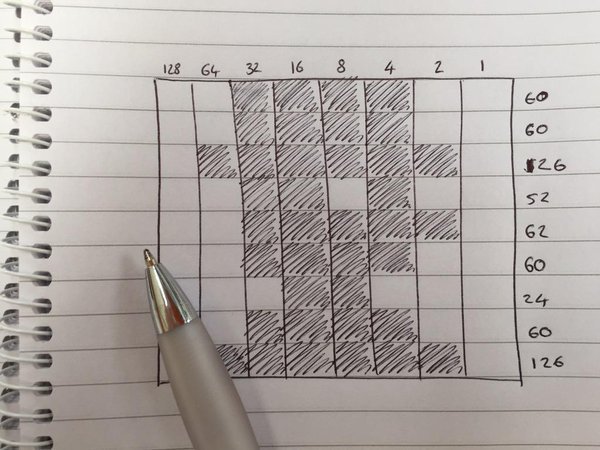
A trip to any broadband provider and you'll find that the speeds they are offering are measured in Mbps. Megabits per second.
So a 4MB mp3 on a 4Mbs line is likely to take in the region of 8 seconds to download, not one.
Additionally, for each lump of file data that is sent there's extra data used to get it where it's going and check that it got there.
It may be that the Internet providers settled on Mbps because the size of a Byte has historically been hardware dependent, however the modern de-facto standard is eight bits as documented in ISO/IEC 2382-1:1993 and has been for a long time.
At least streaming services indicate in Mbps the speed required by the internet connection to successfully stream.
- BBC iPlayer - How fast does my internet connection need to be?
- About download times for the iTunes Store purchases and rentals
I guess with terabit technology on its way the difference in speed isn't going to be an issue much longer
- Next Stop for Copper Broadband? Terabit DSL Promises 10-100 Gbps Speeds over Copper Wiring
- Terabit DSL Proposed By Stanford Professor John Cioffi
Cheers
Chris